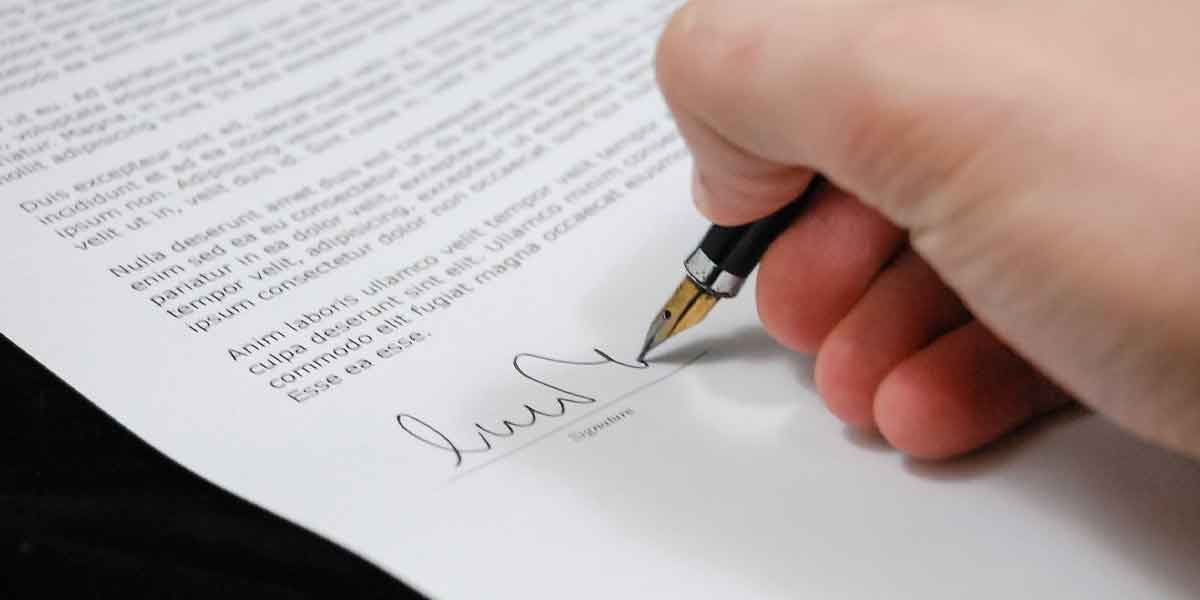Have you ever considered who would be responsible for paying off the outstanding debts of a deceased individual? This question may have left you puzzled, but the answer is quite straightforward. The debts left behind by the deceased are settled during the probate process, utilizing the assets owned by the deceased.
The executor or a designated attorney is tasked with managing the clearance of these outstanding debts. If a will is in place, the executor is granted the authority to oversee the distribution of the decedent’s assets. In the absence of a will, a personal representative appointed by the court will handle the probate proceedings.
The executor’s first step is to identify all debts owed by the deceased and request proof of these claims from creditors or lenders. Once the claims are verified, the executor proceeds to settle the outstanding debts.
If the assets of the deceased are insufficient to cover their liabilities, the executor cannot use the assets to pay off the debts. But does this mean that the burden of debt transfers to the deceased’s family? To address this, let’s explore some scenarios that may arise following a person’s passing:
1. Settling Debts with Assets
In most probate cases, debts are repaid through the sale of the deceased’s assets. The executor, whether independently or with legal assistance, is responsible for managing this process.
The deceased’s assets are divided into exempt and non-exempt categories. Exempt assets, such as retirement savings and life insurance policies, are not used to settle debts. Non-exempt assets, including bank accounts and real estate, are utilized for debt repayment. State laws dictate how assets are categorized.
Creditors and lenders must notify the executor of their debts within a specified timeframe, and claims submitted after this deadline will not be considered valid.
Verification of debts through bills or receipts is required before payment is made by the executor. In such cases, the family of the deceased is not burdened with the responsibility of debt repayment, as the deceased’s assets are used for this purpose.
2. Dealing with Insolvency in Probate
In rare probate instances, the deceased may be insolvent, meaning their debts exceed their assets. In such cases, heirs and beneficiaries do not receive a share of the estate value. However, the family members are not obligated to settle the debts in these circumstances.
A priority order is established for debt repayment in these probate cases, with estate tax, attorney fees, and fiduciary fees taking precedence. Family allowances, federal taxes, uncovered medical expenses, and property taxes follow in the priority list.
Credit card debts and personal loans are considered last in the repayment hierarchy. The family is relieved of the burden of repaying these debts in most cases.
3. Co-Signed Loans and Probate
If a family member co-signed a loan with the deceased, they are responsible for repaying the remaining debt. This obligation is typically outlined in the loan agreement, where both parties agree to clear the debts in the event of one party’s death.
The lending institution may utilize the deceased’s assets to settle the debts, lessening the financial burden on the co-signer. This scenario is the only instance where the family may need to address loan repayment.
in the majority of probate cases, the family is not held accountable for repaying the deceased’s debts. The executor manages the debt settlement using estate funds, ensuring that the family is not impacted by the deceased’s financial obligations.




